Le "tsunami" of business failures, predicted by many for 2021has in the end happened. But the macroeconomic situation has changed: widespread inflation, the impact of the energy crisis on margins, rising interest rates, continuing tensions in supply chains... and the risk of recession, even in the most resilient economies. 2023 be the end of the road for some of our most fragile companies?
Although supported by generous government aid (PGE, deferred contributions, long-term unemployment) and vigorous growth, companies' balance sheets will be under considerable strain in 2023. This will be especially the case for the most cyclical sectors, such as construction and public works, certain catering sectors still suffering from the covid and, of course, retail, which has historically been exposed: Vivarte in 2020, Camaïeu, now Go Sport...
These sectors will need to be monitored all the more closely, as many are directly exposed to "defensive" consumer behaviour, in a context where energy prices are weighing on their purchasing power. Movements are also to be expected among manufacturers, between those suffering from the effects of the energy crisis (as evidenced by the production stoppage at William Saurin) and those facing a more structural revolution in their sector, such as foundries.
In a recent study, insurer Allianz anticipates a worldwide increase in insolvencies of almost 20% in 2023 compared with 2022. This prospect is already materializing in France: more than 41,000 insolvency proceedings were opened in 2022, and some macro-economists predict that the 70,000 mark will be passed this year. With these figures, France is an exception in Europe, due to its large population of undercapitalized small and medium-sized businesses.
As a result, many companies will have to (re)adopt the habit of communicating bad news, explaining the difficulties they are facing, endemystifying the need to place themselves under the protection of the law, and explaining the consequent consequences, particularly from a social point of view.
It's not an easy task. Two factors complicate the conduct of a collective procedure and/or the implementation of an associated job-saving plan (PSE): on the one hand, the multiplicity of interlocutors (employees, employee representative bodies, shareholders, public authorities, elected representatives, media), and therefore the need to have a coherent and transparent discourse with these audiences, and on the other hand, a strict legal framework that must be respected.
Under these conditions, the effectiveness of any communication lies above all in its anticipation. Inadequate, clumsy or absent communication upstream of and/or during these procedures poses numerous risks for the company, and can generate serious operational difficulties in addition to reputational risks. Companies and their executives must therefore devote precious time to developing a solid strategy, including identifying the various scenarios (suspension of payments, recovery plan, proven risk of liquidation, etc.) and writing a sincere and convincing narrative, both on the origins of the proceedings and on how they intend to ensure a lasting rebound. Several rules, obviously not exhaustive, need to be taken into account:
1 "To foresee is already to act" (Henri Fayol). With the help of legal advisors, anticipate the moment when the crisis is actually going to be triggered, such as the date of the judgment opening the proceedings (for safeguard or receivership, for example).
2. "Know heaven and know earth, and your victory will be total " (Sun Tzu). Map all stakeholders, including journalists who cover the company and its sector of activity, as well as local and/or national public decision-makers, in order to establish as far upstream as possible links of trust with all relevant interlocutors, and track all interactions.
3. "The past and the present are our means; the future alone is our end " (Blaise Pascal). Identify sensitive issues and prepare answers to them, so as to build a convincing narrative on the rationality of the procedure, the defense of the interests of employees and other stakeholders, and the means the company will use to bounce back and ensure its long-term survival.
4. "He who only wants to act and speak correctly ends up doing nothing at all " (Friedrich Nietzsche). Simplify, simplify, reassure, illustrate messages, without trying to embellish the situation. In a crisis situation, you'll never be accused of pedagogy or transparency.
5. "Intelligence is the ability to adapt" (André Gide). You can't talk to an employee who's been with the company for 10 years the same way you talk to a journalist. Messages must be adapted to the audience, and strategically disseminated according to the progress of the procedure: we prefer an off-the-record to prepare minds for an announcement, and an on-the-record to make public a decision validated by the courts.
6. " That the strategy is beautiful is a fact, but don't forget to look at the result" (Winston Churchill). Surrounding yourself with specialist advice, particularly in the field of communications, enables you to better grasp the different scenarios and align the various internal and external actions required to protect your company's reputation, an asset which, while not a full balance sheet item, does condition its solidity.
Despite the difficult months ahead, companies must not turn their backs on the crucial issue of their image: when it comes to restructuring, tomorrow's economic results are partly the fruit of today's communication.
Guillaume Gallix, Senior Consultant & Florian Ridart, Consulting Manager
